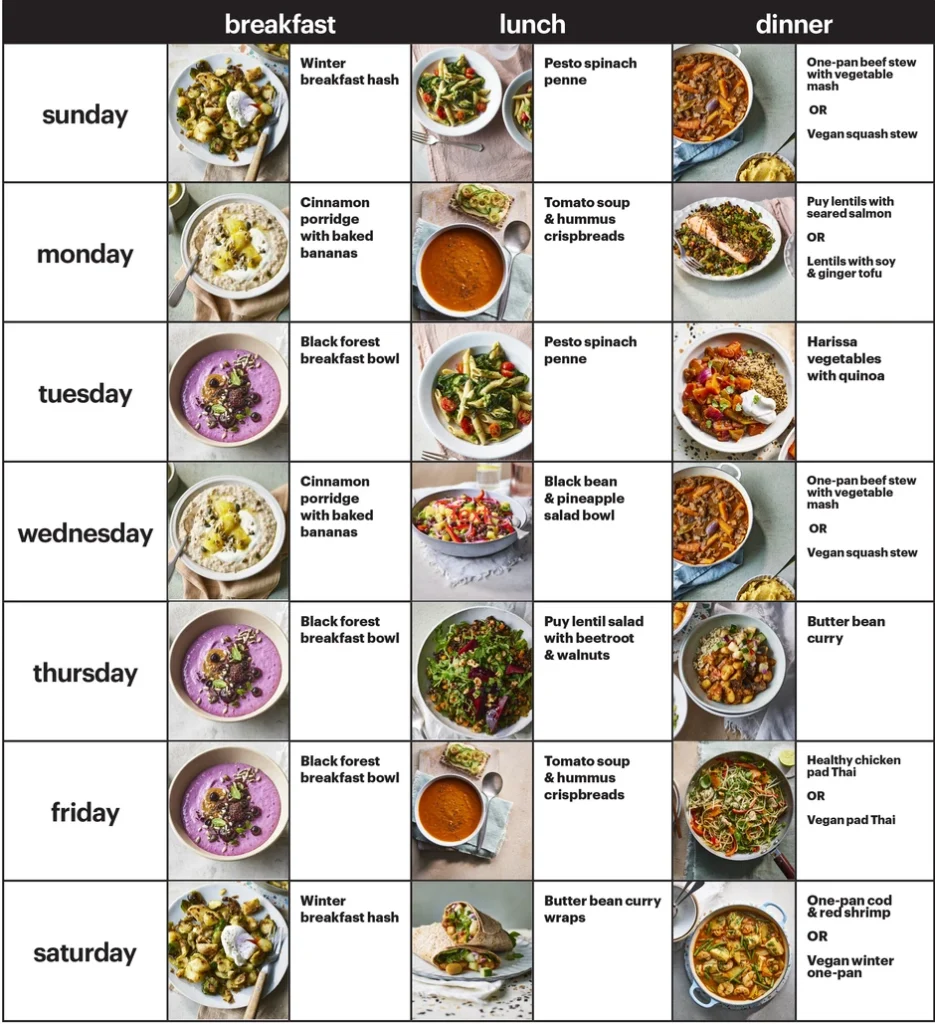Losing weight is a common goal for many people, and shedding 10 kilograms in a month without exercise may sound appealing. While achieving significant weight loss in a short time frame is possible, it requires a highly disciplined approach, particularly when exercise isn’t part of the equation. However, to lose 10 KGkgs in a month without physical activity poses challenges and may not always be healthy or sustainable. Let’s explore how this can be approached safely and whether it’s realistic.
Understanding Weight Loss
Weight loss occurs when you consume fewer calories than your body burns, creating a caloric deficit. To lose 1 kilogram of weight, you generally need a deficit of approximately 7,700 calories. Losing 10 kilograms in a month requires a massive caloric deficit of about 77,000 calories, which translates to an average daily deficit of 2,566 calories. Achieving this solely through diet without exercise can be challenging and may require extreme measures, which are not always advisable.
How to Lose Weight 10 KGs Without Exercise
If you aim to healthy weight loss without incorporating exercise, here are some strategies that can help:
1. Focus on a Calorie-Deficit Diet
The foundation of weight loss is consuming fewer calories than you burn. To create a calorie deficit:
- Track your daily calorie intake using apps or journals.
- Avoid high-calorie processed foods and sugary drinks.
- Opt for nutrient-dense, low-calorie foods like vegetables, lean proteins, and whole grains.
2. Practice Portion Control
Portion control is vital when trying to reduce calorie intake. Use smaller plates, measure servings, and avoid second helpings to control portions effectively.
3. Choose High-Fiber Foods
Fiber-rich foods help you feel full for longer, reducing hunger and preventing overeating. Include plenty of fruits, vegetables, legumes, and whole grains in your meals.
4. Stay Hydrated
Drinking water throughout the day helps boost metabolism and curb unnecessary snacking. Sometimes, thirst is mistaken for hunger, leading to overeating.
5. Avoid Late-Night Snacking
Late-night eating often involves high-calorie snacks that can hinder your weight loss progress. Set a cut-off time for eating, ideally a few hours before bedtime.
6. Incorporate Intermittent Fasting
Intermittent fasting involves eating within a specific time window and fasting for the rest of the day. Popular methods include the 16/8 method (16 hours fasting, 8 hours eating) and alternate-day fasting. This can help reduce calorie intake effectively.
7. Limit Refined Carbohydrates
Refined carbs like white bread, pastries, and sugary cereals can spike insulin levels and lead to fat storage. Replace these with complex carbs like oats, quinoa, and brown rice.
8. Prioritize Protein
High-protein foods can boost metabolism and reduce appetite. Include lean meats, eggs, tofu, and legumes in your diet for sustained energy and satiety.
Meal Replacement Protein weight Loss shake: Is it possible to lose 10KGs in a month without exercise?
What are the Challenges of Losing 10 KGs by Diet Without Exercise
While it’s possible to lose 10 kilograms in a month through extreme calorie restriction, it comes with potential risks:
- Nutritional Deficiencies: Severely cutting calories can lead to deficiencies in essential nutrients.
- Muscle Loss: Without exercise, rapid weight loss may result in the loss of lean muscle mass rather than fat.
- Unsustainability: Drastic diets can be difficult to maintain, leading to rebound weight gain.
- Health Risks: Extreme calorie restriction can cause fatigue, dizziness, and other health problems.

A Balanced Approach to lose 10 KGs in a month without exercise
Instead of focusing solely on rapid weight loss, aim for a balanced and sustainable approach. Losing 0.5 to 1 kilogram per week is considered safe and realistic. Combining a calorie-deficit diet with light physical activities, such as walking or yoga, can improve results and help maintain overall health.
Conclusion
While it is technically possible to lose 10 kilograms in a month without exercise, it is not recommended due to potential health risks and sustainability concerns. Significant weight loss should be approached carefully, with a focus on gradual, healthy changes to diet and lifestyle. Consult a healthcare professional or nutritionist to create a personalized weight loss plan that suits your needs and ensures long-term success.
For those seeking rapid weight loss, remember that health and well-being should always come first. Quick fixes may offer temporary results, but sustainable habits lead to lasting changes.
Is it possible to lose 10 KGs in a month without exercise?
Yes, it is possible to lose 10 kilograms in a month without exercise, but it requires a strict calorie-deficit diet and disciplined eating habits. However, such rapid weight loss may not be healthy or sustainable for everyone.
Can I lose weight without exercise if I cut carbs?
Yes, reducing or eliminating refined carbs can promote weight loss by lowering insulin levels and encouraging fat burning. Focus on whole grains and fiber-rich foods for better results.
How many calories should I eat daily to lose weight without exercising?
The number of calories depends on your weight, age, and metabolism. To lose weight, calculate your maintenance calories and reduce your intake by 500–1,000 calories per day, but never drop below 1,200 calories for women or 1,500 for men without medical supervision.
Is it better to lose weight gradually than rapidly?
Yes, gradual weight loss of 0.5–1 kilogram per week is healthier and more sustainable than rapid weight loss. It reduces the risk of health complications and promotes long-term success.
How much water should I drink to support weight loss without exercise?
Aim to drink at least 8–10 glasses of water per day. Staying hydrated can boost metabolism, reduce hunger, and help flush out toxins.

